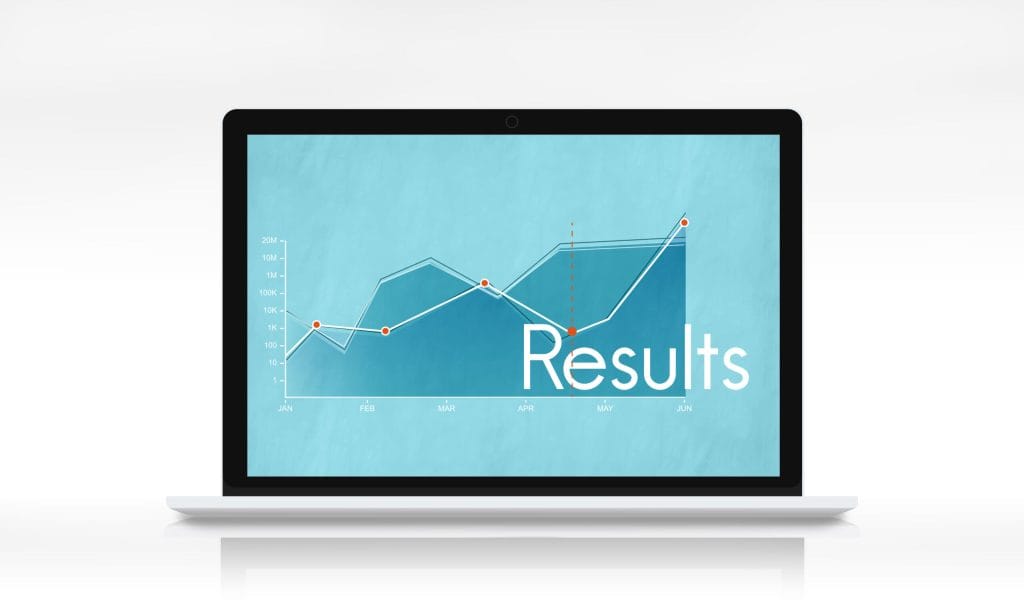Keeping Your Website Safe: The Importance of Regular CMS Updates
Short Description:
Content (approx. 1000 words):
Your website is a digital storefront, a hub of information, or a platform for communication. Regardless of its purpose, it likely houses valuable data, be it customer information, financial details, or intellectual property. This makes website security a top priority. Regularly updating your Content Management System (CMS) is a fundamental line of defense against cyberattacks.
What is a CMS and Why Does it Need Updates?
A CMS is a software application that simplifies website creation and management. It allows users to add, edit, and publish content without extensive coding knowledge. However, like any software, CMS platforms are susceptible to vulnerabilities. Cybercriminals constantly seek to exploit these vulnerabilities to gain unauthorized access to websites.
Why Regular CMS Updates are Essential for Security
- Patching Vulnerabilities: CMS developers regularly identify and address security flaws in their software. These fixes are released as updates. By promptly installing updates, you patch these vulnerabilities and eliminate potential entry points for hackers.
- Enhanced Security Features: CMS updates often introduce new security features and functionalities. These can include stronger password encryption, improved user access controls, and protection against emerging cyber threats.
- Bug Fixes: Software bugs can create security risks. CMS updates often address these bugs, improving the overall stability and security of your website.
- Compatibility Updates: Updates ensure your CMS remains compatible with the latest web technologies and server software. Outdated software can be more vulnerable to security exploits.
The Dangers of Neglecting CMS Updates
Failing to update your CMS can have severe consequences:
- Increased Vulnerability to Attacks: Outdated CMS software is an open invitation for hackers. They can exploit known vulnerabilities to gain access to your website and steal data, inject malware, or disrupt operations.
- Compliance Issues: Certain industries have regulations regarding website security. Outdated CMS software might put you out of compliance and lead to hefty fines.
- Performance Issues: Unpatched bugs can lead to website performance issues like slow loading times or malfunctioning features.
- SEO Impact: Search engines prioritize secure websites. Outdated CMS software can negatively impact your website’s search engine ranking.
The Update Process: Pros and Cons
Pros:
- Enhanced website security
- Improved website performance
- Access to new features and functionalities
- Potential SEO benefits
Cons:
- Potential for minor compatibility issues with plugins or themes (usually resolved quickly)
- Requires time and effort to stay updated (can be outsourced)
Strategies for Maintaining a Secure CMS
- Develop an Update Schedule: Establish a regular update routine, ideally applying updates as soon as they become available.
- Back Up Your Website: Before applying any major updates, create a complete backup of your website in case of unforeseen complications.
- Test Updates in a Staging Environment: If possible, test updates on a staging environment (a replica of your website) before deploying them on the live site.
- Keep Plugins and Themes Updated: Similar to the CMS itself, ensure any plugins or themes you use are also kept up-to-date.
Addressing Update Challenges
- Time Constraints: Consider managed website hosting services that handle CMS updates as part of the package.
- Technical Expertise: If you lack the technical knowledge to apply updates yourself, hire a qualified developer or web maintenance professional.
FAQs
- How often should I update my CMS? The ideal update frequency depends on your specific CMS and the security landscape. Generally, applying updates as soon as they are released is best practice.
- What are the signs my CMS is outdated? Slow website performance, error messages, and difficulty installing plugins or themes can all indicate an outdated CMS.
- Can updating my CMS break my website? While the risk is low, it’s always a good idea to back up your website before applying major updates. Testing updates in a staging environment can further minimize the risk.






